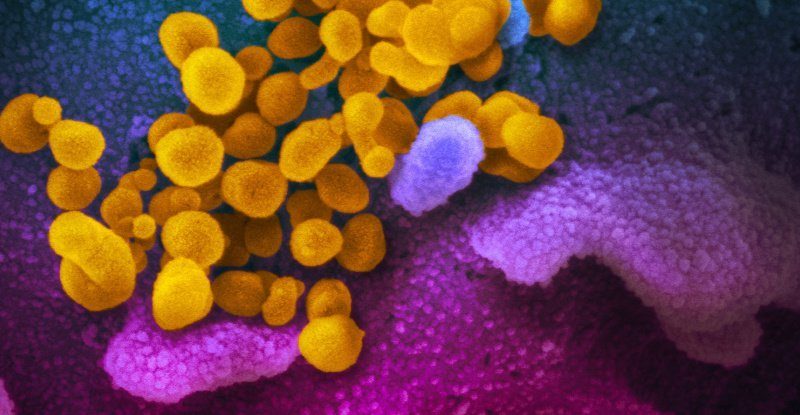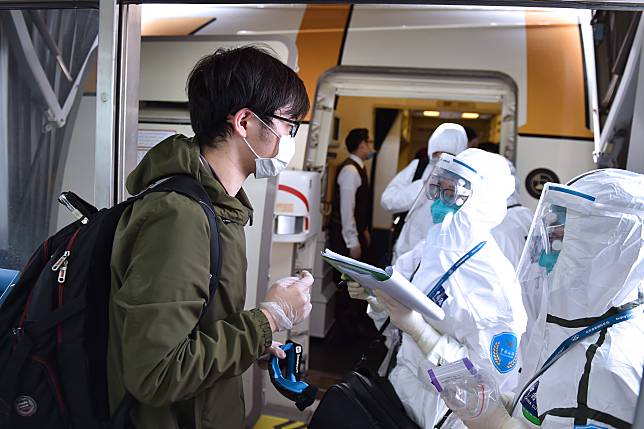In news that made headlines around the country late last week, the Changhua Public Health Bureau (PHB) conducted undisclosed screening COVID-19 tests for the past six months, eventually leading to criticism from the Central Epidemic Command Center (CECC).
The Bureau had tested an asymptomatic local teenager showing no symptoms after returning from the U.S. in early August, which in turn caused the CECC to ask the department of civil service ethics to launch an investigation to clarify the matter.
The county’s action was therefore a deviation from CECC protocols, in which returning travelers are tested only if they show symptoms.
The dispute over asymptomatic testing
According to the CECC, a 14-day quarantine is effective against the spread of COVID-19, which in turn mitigates the chance of community transmission.
The proactive action of Changhua’s PHB thus cast doubt on the necessity of rapid testing, and based on official statistics, general testing of all arrivals for COVID-19 would cost in the region of NT$800 million (US$27.1 million), while producing around 12,475 false positives.
This would not only overwhelm the healthcare system, but also increase the chances of cross-transmission.
The case itself stirred up controversy as the Minister of Health and Welfare Chen Shih-chung asked the department of civil service ethics to conduct an investigation.
Chen said, “There is nothing wrong doing a little more if it is proper disease prevention, but if they (Changhua PHB) did it without informing the CECC, it could result in procedural flaws.”
The antibody testing study highlights the success of pandemic prevention
The antibodies program run by Changhua PHB, and the investigation results were published on Wednesday and for several days now have led to increased speculation on what really happened and the rights and wrongs of the whole issue.
The results of the program place the emphasis on low rates of COVID-19 exposure in high-risk groups, in which neutralizing antibodies were found in a number of test subjects, which, coupled to confirmed cases that still have neutralizing antibodies, that would last 3-5 months and provide immunity, the findings can provide crucial reference on vaccine development.
The results also shed light on the unnecessary cost of mass-testing institutions, and thereby avoiding the swamping of the healthcare system.
Moreover, the second stage of civil service ethics investigation found that Changhua PHB, in referring asymptomatic patients to hospital without notifying police, would actually raise the risk of transmission.
Chen, for his part, remarked that the quarantine guidelines would be revised, and those under quarantine seeking medical treatment should take an ambulance if needed.











